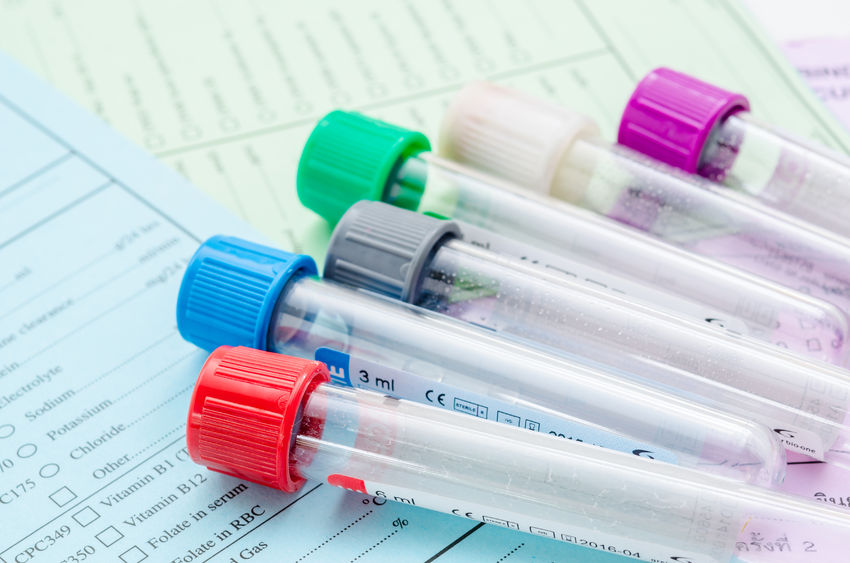
CRP Qualitative
Also known as C Reactive Protein Qualitative BloodWhat is this test?
C Reactive Protein Qualitative Blood Test detects the presence of C-Reactive Protein (CRP) in the blood. This test helps to identify the presence of any inflammatory disorders or infections in the body.
What is C- Reactive Protein (CRP)?
CRP is a protein produced in the liver. It is released into the bloodstream in response to inflammation due to infections, tissue injury or any other diseased conditions. Therefore the presence of CRP in the blood is a sign of inflammation or infection.
Why this test is performed?
This test is used to determine the presence of inflammation in the body. Your doctor may ask to perform this test in case of serious bacterial or fungal infections, bone infection, pelvic inflammatory disease, or if you have inflammatory bowel disease, an autoimmune disorder such as lupus, or any inflammatory disorders such as arthritis etc.
This test may also be performed to monitor the response in individuals receiving treatment for inflammatory disorders. Sometimes your doctor may advise you to perform this test along with an Erythrocyte Sedimentation Rate (ESR) test to detect the presence of inflammation. However, this test is not a general marker for inflammation or infection. Your doctor may ask you to perform other tests along with this test to rule out the exact cause for the inflammation.
How often this test is performed?
The individuals who are diagnosed with an inflammatory disorder such as arthritis, an autoimmune disorder, or inflammatory bowel disease may have to perform this test on a regular basis or as instructed by the doctor.
Also known as CRP Qualitative Blood, C Reactive Protein Qualitative.
Test Preparation
Inform your doctor if you are on any medications, have any allergies or underlying medical conditions before your CRP Qualitative. Your doctor will give specific instructions depending on your condition on how to prepare for CRP Qualitative.
Understanding your test results
A positive test result means the presence of CRP in the blood and may indicate inflammation or infection in the body. This test does not rule out the exact location or the cause of inflammation.
Individuals with increased CRP levels are suspected to have a serious bacterial or fungal infection, osteomyelitis (bone infection), an inflammatory bowel disease, cancer, an autoimmune disorder such as lupus, or any inflammatory disorders such as arthritis etc. Other reasons that could raise your CRP levels are obesity, pregnancy, use of birth control pills, or hormone replacement therapy. Increased levels of CRP in individuals with chronic inflammatory conditions receiving treatment depicts a poor response to treatment.
A negative test result means the presence of CRP is not detected in the blood or not present in the detectable range. Normally, CRP levels in the blood are low. Decreased levels of CRP in individuals with chronic inflammatory conditions or infections receiving treatment depicts a response to treatment.
Based on the test results, your doctor may advise appropriate medical treatments, lifestyle modifications, or further diagnostic tests.
| Gender | Age groups | Value |
| MALE | All age groups | 5 - 10 mg/L |

